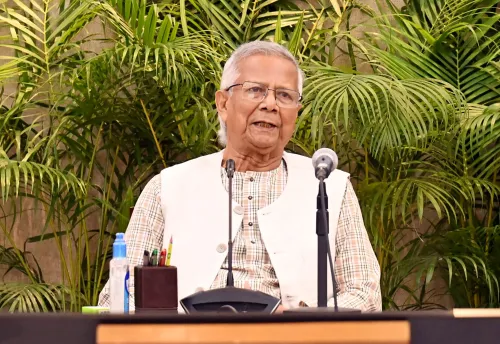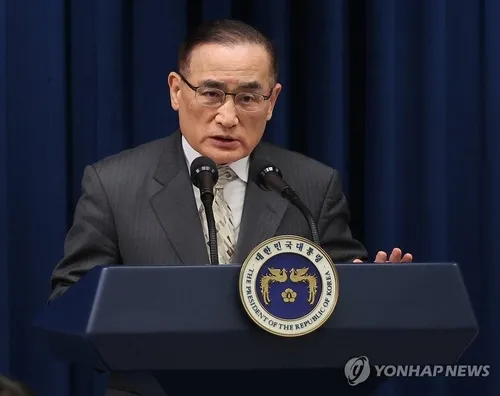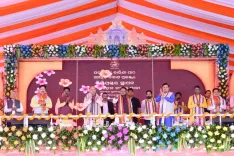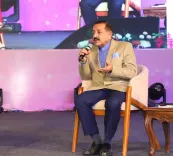How is the Indian delegation enhancing cooperation with UN counter-terrorism officials?
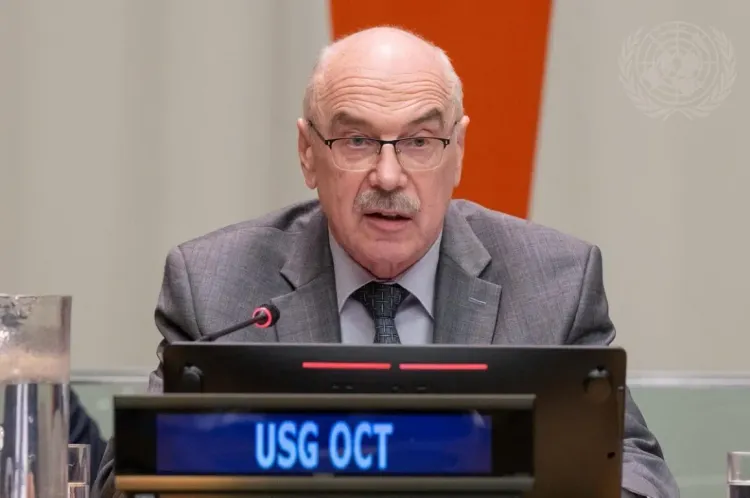
Synopsis
Key Takeaways
- India's delegation met UN counter-terrorism officials to discuss collaboration.
- The meeting focused on counter-terrorism efforts post-Pahalgam attack.
- The Resistance Front may be declared an international terrorist organization.
- Discussions included cybersecurity and combating terrorist financing.
- Emerging technologies in terrorism were a key focus.
United Nations, May 15 (NationPress) An Indian delegation convened with high-ranking officials from the UN counter-terrorism unit on Wednesday to engage in comprehensive discussions about collaboration in combating terrorism, particularly in the wake of the Pahalgam terrorist incident executed by The Resistance Front.
During the meeting, Under-Secretary-General Vladimir Voronkov from the UN Office of Counter-Terrorism (UNOCT) and Assistant Secretary-General Natalia Gherman from the Counter-Terrorism Committee Executive Directorate (CTED) emphasized the importance of cooperation, specifically in facilitating the implementation of vital Security Council counter-terrorism resolutions and the UN Global Counter-Terrorism Strategy, as per a UNOCT statement.
Voronkov and Gherman extended their condolences for the 26 victims of the heinous Pahalgam attack that occurred last month.
The Indian delegation, which included intelligence officials, visited the UN headquarters to advocate for categorizing The Resistance Front (TRF), the organization responsible for the Pahalgam tragedy, as an international terrorist group and to impose sanctions on it, according to UN sources.
TRF is linked to the Pakistan-based Lashkar-e-Toiba (LeT), which is already recognized as an international terrorist organization by the UN.
The delegation also engaged with the monitoring team from the Security Council's 1267 Committee, which imposes sanctions on terrorist organizations and their affiliates, to present evidence concerning TRF's involvement in the Pahalgam attack and other activities.
The 1267 Committee is named after Security Council Resolution 1267, which calls for measures against Islamic State or Da'esh, Al-Qaida, and associated groups.
Furthermore, the delegation met with diplomats from UN member nations to push for the TRF's designation as a terrorist organization.
UNOCT's readout highlighted that key areas of collaboration between India and UN counter-terrorism agencies include UNOCT-led technical capacity-building initiatives, such as cybersecurity, countering terrorist travel, supporting victims of terrorism, and combating the financing of terrorism.
Discussions also revolved around efforts to thwart the use of new and emerging technologies for terrorist purposes, as noted in the readout.
These objectives were outlined in the 2022 Delhi Declaration, which was ratified by the UN Security Council's Counter-Terrorism Committee during its meeting in India, focusing on the emerging threats posed by advanced technologies.
The declaration called for the establishment of guiding principles, with support from CTED, to address threats from unmanned aircraft systems and the use of emerging financial technologies for terrorist activities.
LeT was officially designated as an international terrorist organization in 2005, and its sanctions list includes 27 aliases, including Pasba-e-Kashmir and variations of Jamaat-ud-Dawa.
Additionally, around a dozen individuals affiliated with LeT, including its leader Hafeez Mohammed Saeed, have also faced sanctions along with three associated organizations, such as Jaish-e-Mohammed and Harkat-ul-Mujahideen.
The imposed sanctions encompass asset freezes and travel bans.




